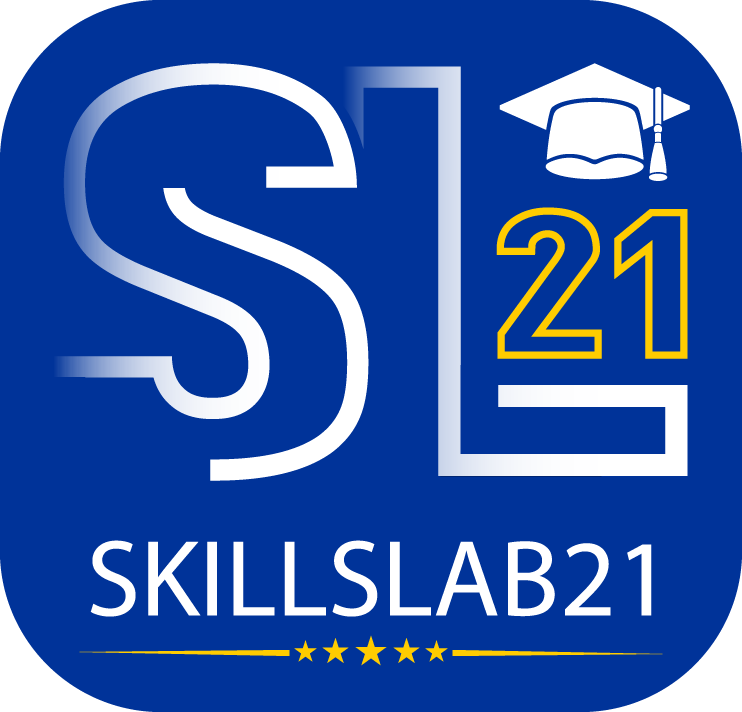CREATING MORE INCLUSIVE SCHOOLS

CREATING MORE INCLUSIVE SCHOOLS
Class dynamics, children’ well-being, academic success, and parental involvement in inclusive schools are the focus of this course. As a way to prevent kids with special needs from being labeled, isolated, or bullied in inclusive classrooms, educators may utilize the attitude “We are all special.” Diversity is a synonym for comprehension, integration, and opportunity in a varied classroom.
Disabilities such as dyslexia and dyspraxia, as well as emotional and behavioral disorders such as ADHD and ADD, as well as intellectual and physical disabilities and impairments, will be explained to participants (Autism). Moreover, they will be encouraged to talk about the challenges they have faced in their work.
In order to minimize isolation and disruptive conduct from the start of the school year, they will be offered a series of hands-on activities that focus on building social skills, self-confidence, and the ability to cope with stress and helplessness through peer engagement and peer support.
In addition to learning effective relaxation techniques and movement-based activities, participants will also get hands-on experience working with students with special needs.
Last but not least, participants will learn how to improve communication with parents and their peers by employing tactics that are both positive and practical in nature.
LEARNING OUTCOMES
-
Participants will benefit from the course in the following ways:
- Reconfigure one’s understanding of the most common types of developmental impairments, such as those affecting the mind or body.
- Coworkers are able to learn from one other through exchanging ideas, experiences, and solutions.
- Observe tangible activities that can be repeated in the classroom to reduce isolation and disruptive conduct;
- Learn how to encourage and facilitate interactions between students with and without special needs.
- Ensure that they communicate effectively and positively with parents.
Day 1
- You’re in the right place!
- Introductory lecture on course content as well as school and extracurricular activities;
- Activities to break the ice
- Presentations of the participants and their respective institutions;
- The Characteristics of Special Needs.
Day 2
- Assessment and risk management are the two most important aspects of special education.
- A wide range of practical activities for both individuals and groups.
- Cases are discussed.
Day 3
- Interaction and assistance among students in inclusive classes;
- Exercises that promote inclusive group cohesion;
- Practical activities for individuals and groups.
Day 4
- Planned initiatives to support diversity (e.g. curriculum changes, customized lessons) are drawn out and prioritized;
- Inclusion of kids from all backgrounds, identifying and providing resources to overcome any obstacles to participation and learning that may arise within the local school;
- What is an inclusive school?
- Relationships of trust and cooperation with parents in inclusive educational settings;
Day 5
- The evaluation of the course includes a review of the skills and knowledge students have gained, as well as comments from the instructor and class discussion.
- The giving of the Certificate of Attendance upon course completion;
- Adventures and other cultural activities
Ready to Get Started?
Update your knowledge, develop new skills with us!
